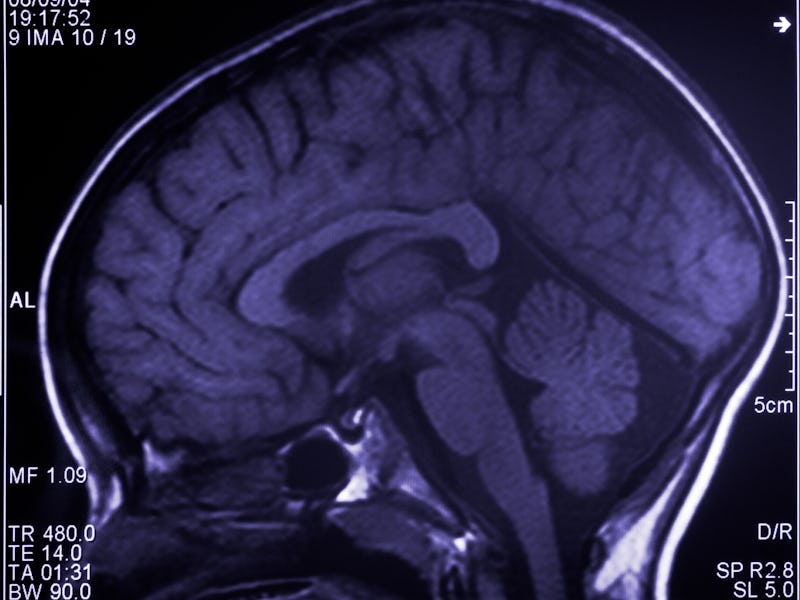There's something new about how binge drinking tweaks the mind
In this episode, we explore links between heavy drinking and brain activity.

According to a Washington University study, one in four adults reported a change in alcohol use almost immediately after stay-at-home orders were issued. Apparently, we’re drinking more during the Covid-19 pandemic — a lot more.
While there’s a common belief among excessive drinkers that they can “handle their alcohol,” research says the brain just tricks them into thinking they’re “doing just fine.”
Recently, a pair of new studies about how binge drinking affects the brain discovered critical links between heavy drinking and cognitive-behavioral issues. Scientists say excessive alcohol can not only trigger anxiety; it can have lasting negative impacts on how our brains function.
And while post-binging stress may be familiar to a heavy drinker, when it comes to feeling the pain of others, they need to work harder. During a mentally taxing pandemic, where empathy is arguably critical for survival, these findings may just be enough to make you pause before pouring another drink.
Experts say we can apply the latest findings to our current situation of lockdown-motivated drinking and advise the following: “Try not to drink heavily, be empathetic, and try always to understand and respond to the needs of others.”
In this episode of The Abstract, we explore links between heavy drinking and brain activity.
Our first story looks at the troubling link between binge drinking and empathy. With a study suggesting heavy drinkers need to work harder to feel others’ pain, researchers hope that by identifying how the brain responds to pain stimuli that engage empathy, we can better understand the mechanisms that make people binge drink in the first place.
Our second story is about how excessive alcohol can disrupt brain signaling and, ultimately, spike anxiety. While experts say this finding could one day influence future treatment, for now, they suggest drinking in moderation to avoid these negative mental health effects.
Read the original Inverse stories:
- Brain scans reveal a critical link between binge drinking and empathy
- Scientists find a troubling link between binge drinking and brain dysfunction
Where to find us:
- Subscribe to The Abstract wherever you listen to podcasts: iTunes | Spotify | TuneIn | RadioPublic | Stitcher
- Follow Sarah Sloat on Twitter
- Follow Ali Pattillo on Twitter
- Follow Inverse on Twitter
- We're hosted and produced by Tanya Bustos
—
Right now, facts and science matter more than ever. That's part of the reason for The Abstract, this all-new podcast from the Inverse staff that focuses exclusively on science and innovation. Three new episodes are released a week, and each covers one theme via two related stories. Each features audio of original Inverse reporting, where the facts and context take center stage. It's hosted by the Tanya Bustos of WSJ Podcasts. Because we're Inverse, it's all true but slightly off-kilter. It's made for people who want to know the whole story. —Nick Lucchesi, executive editor, Inverse
This article was originally published on